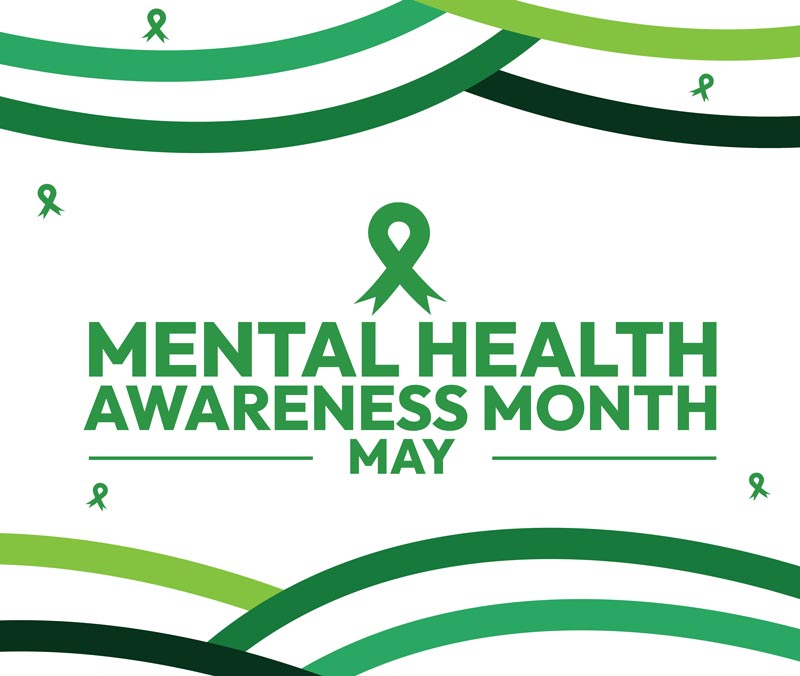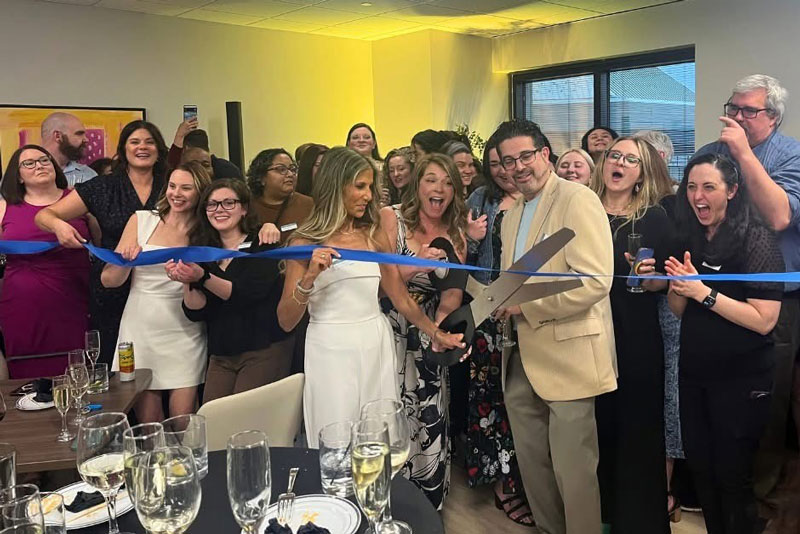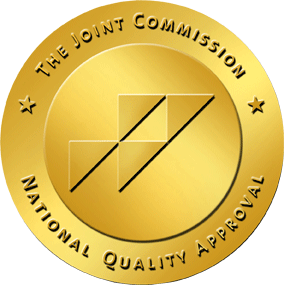By: Richard Smith
Independence… Fireworks… Hot summer nights. These are things you’re likely to associate with July if you live in United States. How about liberation of the mind, though? July is designated as National BIPOC (black, indigenous, people of color) Mental Health Awareness month. Inspired by Bebe Moore Campbell (author, journalist, and mental health advocate), the intention of this month is to shed light on the stigma around mental health and to bring awareness to some of the barriers that impede access to supportive services in underserved communities.
Understanding the Importance of Mental Health
Mental health impacts us from the seeds of our thoughts down to the actions we produce. Like a garden, mental health is something to look after. It takes time and intention to cultivate a healthy head space. And it isn’t all in your head. Factors like biology (chemical imbalances in the brain), substance use, and trauma also impact the landscape of the mind. Consider these factors when looking at mental health in the BIPOC community.
The Impact of Trauma on BIPOC Communities
Something I’ve observed in my time as a clinician is that people are caused. From the uttermost to the guttermost, we’ve had help getting to where we are. This couldn’t be less true for people of color. According to ACEs (Adverse Childhood Experiences) research, 61 percent of black children and 51 percent of Hispanic children have experienced at least one ACE compared to 40 percent of white children. Resources to Recover also states, “racial trauma can increase the risk of people of color meeting the criteria for Post-Traumatic Stress Disorder.” With these facts in mind, folks are still less likely to utilize mental health services. Quite a few things can get in the way of accessing care for BIPOC individuals.
Barriers to Mental Health Care in BIPOC Communities
What are some of the barriers to BIPOC communities receiving care when it is evident that it’s needed?
Shame Around Mental Health
Looking first at beliefs, we learned that shame around mental health was a common theme that tells folks that needing mental health services equates to weakness. Whether it’s learning the world isn’t what we thought, losing a loved one, or lamenting over finances, lows in life come to all of us if we live long enough.
A helpful perspective on mental health services is that they are there to provide support whilst navigating those lows. As a mental health provider, I can say that I’m not in the room with “weak” individuals Many clients hold burdens usually placed upon them and they do the heavy lifting of building life-affirming practices.
Mistrust in the Medical System
Second, a belief that medical providers cannot be trusted, especially for the black community, comes up often. Generations of racism, discrimination, and trauma contribute to this response, and rightfully so. A piece of advice I would give when starting a journey toward mental health is to consider taking calculated risks to increase the chances of things going well. A few examples include:
- Try speaking to someone you trust who is already accessing mental health services to gain their perspective. Oftentimes therapists and treatment centers have anonymous reviews available and is another way to help mitigate risks.
- Find a clinician of color. Having a therapist with a shared living experience can reduce some of the mental labor that comes with building rapport. Depending on your location, there may be less options than are ideal. Thankfully, technology has given us a chance to access care in a virtual setting, and that is an easy route to take when the resources are scarce nearby.
- In an instance where neither of the above options are not available, a culturally competent clinician would be the next best option. A common question for clients of color is, “how can a white clinician support me as I process racism amongst other concerns?” Cultural competency (the ability to understand, appreciate, and interact with people from different cultures or belief systems) has become a core tenet for many clinicians being trained today. While a white clinician cannot speak from a place of lived experience, one who is culturally competent will have the mindset of curiosity and unconditional regard that is necessary for exploration in the therapeutic process.
Navigating Financial Barriers
I remember participating in a person of color process group and a client speaking to how she wished her family would utilize mental health services. She expressed a sense of defeat as she felt the barriers to them seeking help were numerous. In addition, she named finances as a barrier. She expressed gratitude and guilt for being able to participate in a PHP (partial hospitalization program). Mental health services can be cost prohibitive, as well, so here are a few options to help navigate the landscape:
- If you have health insurance, you are off to a pretty good start. Many outpatient programs and higher levels of care take insurance which reduces and sometimes eliminates out-of-pocket costs.
- If you lack health insurance, you can search for mental health providers in your area that offer a sliding scale. The sliding scale offers reduced rates to those who qualify.
- You can also check in with your employer about an EAP (Employee Assistance Program). EAPs can connect employees to short-term counseling services, and help navigate this process, which is new for most folks.
- One final option is searching for free services. If you’re close to a graduate counseling program, it may be worth giving the school a call. Counseling students who are in training are required to work with clients before they are licensed. These counselors in training are supervised by licensed clinicians, and often have a clearer and less influenced perspective.
Taking a Moment for Self-Reflection
So, how are you doing emotionally, psychologically, and socially? The strong current of day-to-day life seldom leaves space for questions like that. If you’ve made it this far that means you’ve already committed a considerable portion of your time to this reading. I now ask that you give a little time to really think about the question. If your appraisal is less than desirable in any of those areas, then I have another question for you. What is the threat in getting support? Could it be something mentioned above? Perhaps it is something else?
The Journey to Mental Health Support
I recall my internship working with individuals who abused substances. One client spoke of the relief he had when using, which contrasted to the swirling sea of thoughts he had when sober. The threat for him was facing life without substances. Self-medicating has its place, and its erasure of life’s woes is temporary.
Plugging holes on the sinking ship is a short-term solution. Earlier I mentioned that individuals have help getting to where they are in life. Many of us, especially people of color, wind up lost at sea. Pulled from the shore by the currents of life.
One thing I’ve come to appreciate in my work as a therapist is helping people get to a place where they are touching sand. That’s how I view mental health. I hope my words help to bring people ashore.




